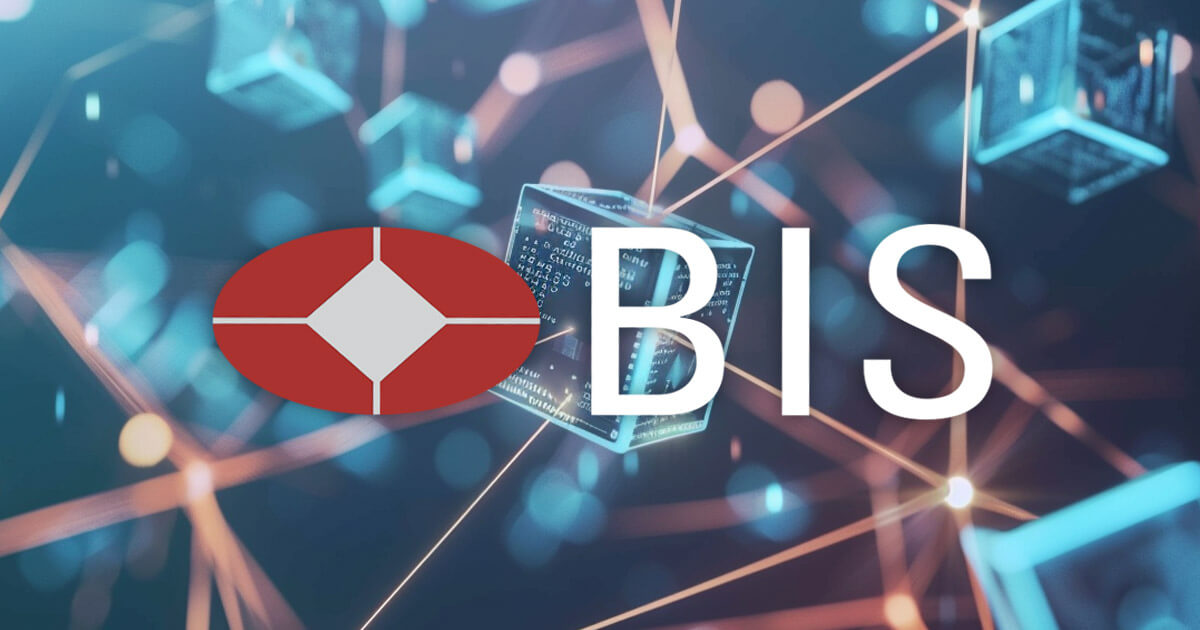BIS partners with central banks to tackle cross-border compliance with Project Mandala

The Bank for International Settlements (BIS) has collaborated with several central banks to showcase regulatory compliance in cross-border transactions through Project Mandala, according to an Oct. 28 statement.
This initiative involves the BIS Innovation Hub Singapore Centre and the central banks of Australia, Korea, Malaysia, and Singapore. The project aims to tackle regulatory challenges associated with cross-border transactions in different jurisdictions.
Project Mandala
Cross-border transactions often struggle with compliance due to varying regulatory frameworks. This discrepancy can lead to higher costs and delays. Project Mandala seeks to resolve these issues while maintaining regulatory standards.
Project Mandala intends to enhance the speed and efficiency of cross-border transactions by automating compliance processes. It will also improve transparency regarding country-specific policies and provide regulators with real-time reporting.
Maha El Dimachki, Head of the BIS Innovation Hub Singapore Centre, noted that the project employs a compliance-by-design approach. This method aims to protect both privacy and the integrity of regulatory checks.
The BIS page shows that the project has reached the proof-of-concept stage, aligning with G20 priorities for enhancing cross-border payments. Its potential to cut costs and expedite transactions while ensuring compliance makes it a significant step forward.
How Mandala works
Project Mandala utilizes a decentralized system to facilitate cross-border payments, embedding compliance within central banks and financial institutions. This infrastructure comprises a peer-to-peer messaging system, a rules engine, and a proof engine.
These components guarantee that all necessary compliance checks are completed before initiating payments. Once these checks are finalized, the Mandala system generates proof of compliance to accompany any digital settlement asset or payment instructions across borders.
Meanwhile, Mandala also effectively integrates with emerging digital asset settlement systems, including wholesale central bank digital currencies (CBDCs) and established payment messaging systems like SWIFT.
This dual integration enhances Mandalas versatility and adaptability, allowing it to support both future digital asset ecosystems and current financial infrastructures. In addition, Mandala has implemented programmable compliance for digital assets that can be seamlessly embedded into smart contracts.
The post BIS partners with central banks to tackle cross-border compliance with Project Mandala appeared first on CryptoSlate.
Text source: CryptoSlate










